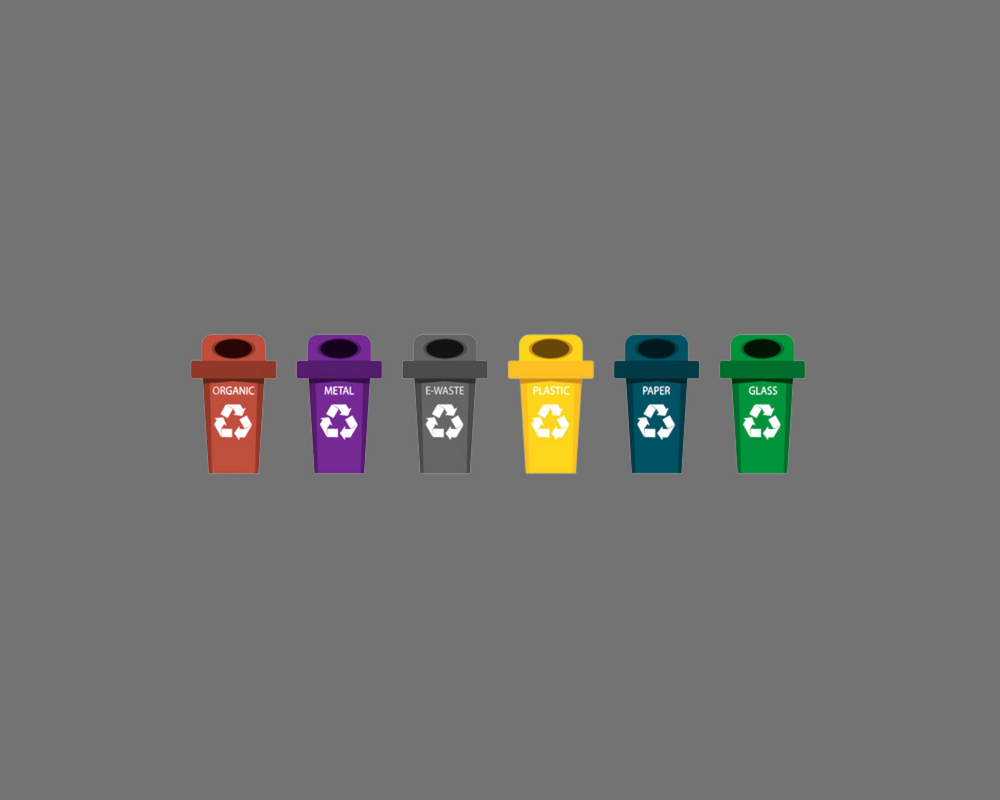Medical Waste Disposal Equipment For Clinics, Hospitals And Labs

Equipment for disposing of clinical waste on-site or off-site is essential to deal with possibly infectious waste that is generated by clinical waste disposal from the medical industry.
Medical Waste Disposal Equipment For Clinics, Hospitals, And Labs Stock the complete line of medical waste disposal equipment in a variety of sizes to meet your needs.
How do you determine the best solution for your business?
Why Should I Use Autoclaves For The Medical Waste Removal Device?
Autoclaves have been one of the most sought-after machines for medical waste disposal employed by healthcare facilities.
The models are across more than forty countries around the world. Alongside other benefits they offer, their popularity can be explained by five primary reasons:
1. Reliability
Due to a process known as steam sterilisation in autoclaves, they have the ability to increase the boiling point of steam and water above 100 degrees and even kill bacteria that are resistant to heat. It’s not always the case with incinerators.
2. User-Friendly
There is no need to have highly trained personnel. The process of sterilisation by steam takes about twenty minutes (depending on the volume of the item you are treating) and is completely automated. The entire process can be started at the touch of a button.
3. Eco-Friendly And Cost-Effective Operation
In comparison to other clinical waste disposal devices, they are cheaper to run in the long run. Because they don’t need more energy to operate and also have an incredibly low environmental impact and the environment. In addition, they release no harmful emissions or unpleasant odours.
4. Dual-Purpose
It’s not just an efficient item of medical waste disposal equipment. It also treats various tools utilise in clinics and hospitals every day. These tools can be utilised again by medical personnel without the possibility of infections.
5. On-Site Treatment
The treatment of medical waste on-site in the disposal equipment can significantly reduce the risk associated with transporting and storing untreated waste.
What You Should Know When Purchasing The Waste Disposal Unit
Up until about 40 years ago, it was rare to find houses with garbage disposals. Before that, everything was thrown into the garbage can. When the technology was developed and made available, many were hesitant to purchase it because they believed it was an extravagant purchase that they didn’t really need.
In the modern home, everything has changed. The majority of people can’t imagine living without a proper garbage disposal system. That’s not to say that there aren’t homes that don’t have a disposal system.
If you live in one of the houses with no disposal or are experiencing problems with yours then it’s time to find out how to purchase an entirely new one. You’ll need to be familiar with some of the names of brands out there.
Additionally, you will need to understand some aspects of design. If none of this is a possibility then you must be aware of the options available to you. In the end, you’ll probably find the best disposal system for your home.
1. Find out about the Brand Names
Examining the brands available you’ll need to read some reviews about garbage disposals. Look for information that comes from a trustworthy source instead of an advertisement from the manufacturer.
Providing affordable autoclave, incinerator, sharps disposal, and food disposal equipment for clinics, hospitals, labs, and industry.
Find out more information regarding garbage disposal as well as all the different brands to locate the best one for your home.
2. Learn about the Design Features
Most grinders will have strainers that are made to protect metals and other harmful materials from the grinder. Comparing different grinders can help you choose which features you prefer most.
Medical waste disposal or medical waste management deals with the management of waste. That is generated by medical facilities or the biomedical industry.
If you know someone with an object you like, take a look at the sink using the aid help of a fluorescent tube to ensure that you are able to see the design. This will help you determine what you’re looking for.
3. An Overview of the Alternatives
In certain cases, it is possible that the garbage you are dealing with isn’t food. It is necessary to have a waste disposal device of a different type. You’ll require recycling bins or recycling bins to get rid of newspapers, glass, or aluminum.
They have been in the medical waste disposal equipment business since 1983. We offer a wide range of medical waste disposal systems to help with your medical waste disposal needs.
It is necessary to have a medical waste bin when you dispose of medical equipment of any type. Another option to think about is purchasing compost bins to reuse every organic material you’ve got.
4. Recycling and Source Reduction
Major industries rely on the recycling process to recycle waste as it provides an option for suburban families. However, local councils and governments generally streamline the process of reducing rubbish at the point of origin and reusing materials to lower the overall amount of waste produced.
Diamond patented technology creates a specific way to safely eliminate medical waste in compliance with state and federal requirements.
In most cases, they will attempt to reduce waste from the beginning and set up a complete recycling system for food waste as well as industrial waste. The waste management plan will encourage active participation in conservation and become more independent of nonrenewable resources.
5. Composting
Food waste makes up an enormous portion of the annual waste produced in Australia. Communities have taken the initiative to use compost pits for decomposing the clinical waste disposal generated at home.
Organic farming firms also employ this method to produce a cheap and effective fertiliser that turns food waste into nutritious compost that plants can use.
6. Landfills
Landfilling is regarded as the most widespread method of disposal of waste in Australia. It involves transporting residential/commercial waste to mess in open pits. Also, preventing any odour, leachates, and toxic chemicals from seeping into the environment and water lines.
However, with the methane emissions from landfills and the shrinking of the area of land used for disposal, rubbish removal firms such as Paul’s began to consider alternative solutions.
7. Incineration
The burning of bio-hazardous and non-recyclable waste to temperatures of 1200 degrees Celsius or more will reduce it to 80 percent of its weight. After incineration the ashes will be disposed of in landfills, greatly less straining these facilities.
Certain facilities also employ thermal waste treatment to produce energy like gas steam, heat, or. But, not all substances are suitable for disposal with incineration since it is limited to hazardous, medical, and non-salvageable clinical waste disposal.
The Necessity For Effective Waste Management And Pick Up
The disposal of clinical waste we practice in our work and in our homes is popular nowadays. It is vital that following the segregation of wastes. There is an appropriate collection service for waste management to ensure the items reach their final destinations in order and safely.
These services for cleaning up should always be a top essential aspect for anyone managing waste disposal initiatives in the city and elsewhere. When recycling facilities are properly maintained facilities, people will be able to implement waste management strategies.
The selection of an efficient garbage management collection can play a crucial part in letting people understand the significance to recycle efforts.
Therefore, it is essential to select a waste disposal service that can meet the needs of people and provide the essential functionality needed for disposal and security. They are also complemented with an appropriate waste disposal dumpster that can be used with ease and is also eco-friendly.
Final Thoughts
It is vital to manage waste for keeping facilities, communities, and workplaces tidy and clean. More importantly, having a well-organised waste management plan can go a long way in reducing the amount of clinical waste management you generate and also conserve.













